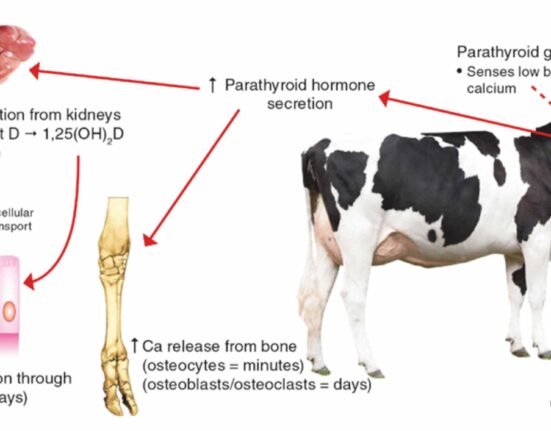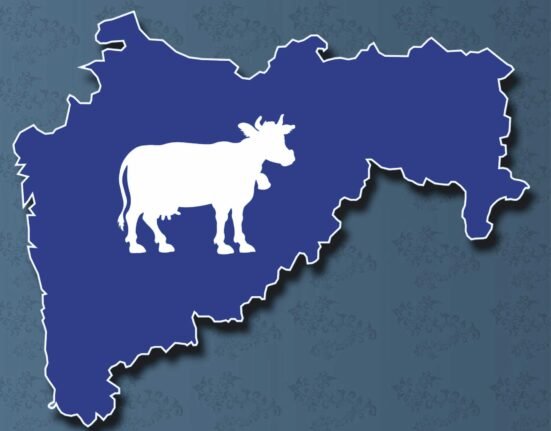If you’re a dairy lover seeking a healthier alternative, it’s time to shake things up. Along with oat, almond, and soy milk, there’s a new player in the game: camel milk! It might sound a little unconventional, but this exotic drink is gaining attention for its impressive health benefits. While it’s not your typical go-to, new research is revealing why camel milk could be the healthy switch you’ve been waiting for.

New research from Edith Cowan University (ECU) in Australia reveals that camel milk could provide some impressive health benefits, particularly for boosting our immune systems. (Also read: Worried about colorectal cancer? Study recommends have a glass of milk every day )
Camel milk vs cow milk: Which is healthier?
A recent study published in Food Chemistry compared cow and camel milk, focusing on proteins that play a key role in immune function and digestion. While cow’s milk accounts for over 81percent of global dairy production, camel milk makes up only 0.4 percent. Despite its small share, camel milk is packed with unique proteins that may offer significant benefits for immune support and gut health.

The research revealed that camel milk contains 1,143 proteins in its cream fraction, while cow’s milk has only 851. The camel milk cream is particularly rich in proteins and bioactive peptides, which can help fight harmful bacteria and potentially protect against certain diseases. While the researchers stress that more testing is needed, they suggest these bioactive peptides could foster a healthy gut and even lower the risk of developing cardiovascular diseases in the future.
“These bioactive peptides can selectively inhibit certain pathogens, promoting a healthier gut environment and potentially reducing cardiovascular disease risks,” said study researcher Manujaya Jayamanna Mohittige, a PhD student at Edith Cowan University.
Health benefits of camel milk
For those with dairy sensitivities, camel milk offers a potential alternative, as it lacks beta-lactoglobulin, the protein that triggers allergies in cow’s milk and contains less lactose, making it easier to digest. Composition-wise, camel milk is slightly different from cow’s. While cow’s milk has 85-87 percent water, 3.8-5.5 percent fat, and 2.9-3.5 percent protein, camel milk contains 87-90 percent water, 2.15-4.90 percent protein, 1.2-4.5 percent fat, and 3.5-4.5 percent lactose.

Though camel milk production ranks fifth globally, it’s gaining attention, especially in Australia, where its semi-arid climate makes it an increasingly viable option for growth. “Camel milk is gaining global attention, especially due to environmental factors. Arid and semi-arid regions are tough for traditional cattle farming but ideal for camels,” says Mohittige.
Who should switch to camel milk?
However, there are hurdles to overcome. While dairy cows can produce up to 28 litres of milk a day, camels typically yield only about 5 litres. Although camel dairies are already operating in Australia, their production remains limited.
That said, it’s not time for everyone to rush out and switch to camel milk just yet. It’s still not widely available in many areas and tends to cost more than regular cow’s milk. However, for those seeking alternatives to traditional dairy, especially those with milk sensitivities, camel milk could be an intriguing option.
While it might not yet be a supermarket staple, this research highlights why camel milk deserves more attention than just its novelty. Its unique protein content and immune-boosting properties could help explain why this unconventional dairy source has been cherished in various cultures for centuries.
Disclaimer: This article is for informational purposes only and not a substitute for professional medical advice. Always seek the advice of your doctor with any questions about a medical condition.







